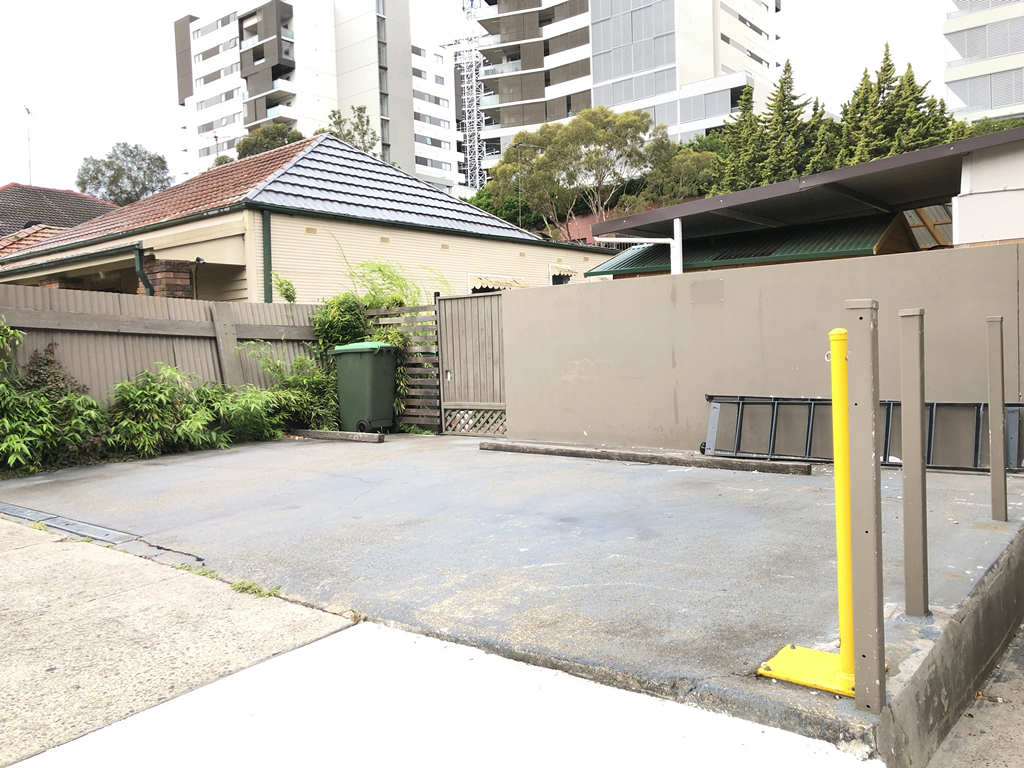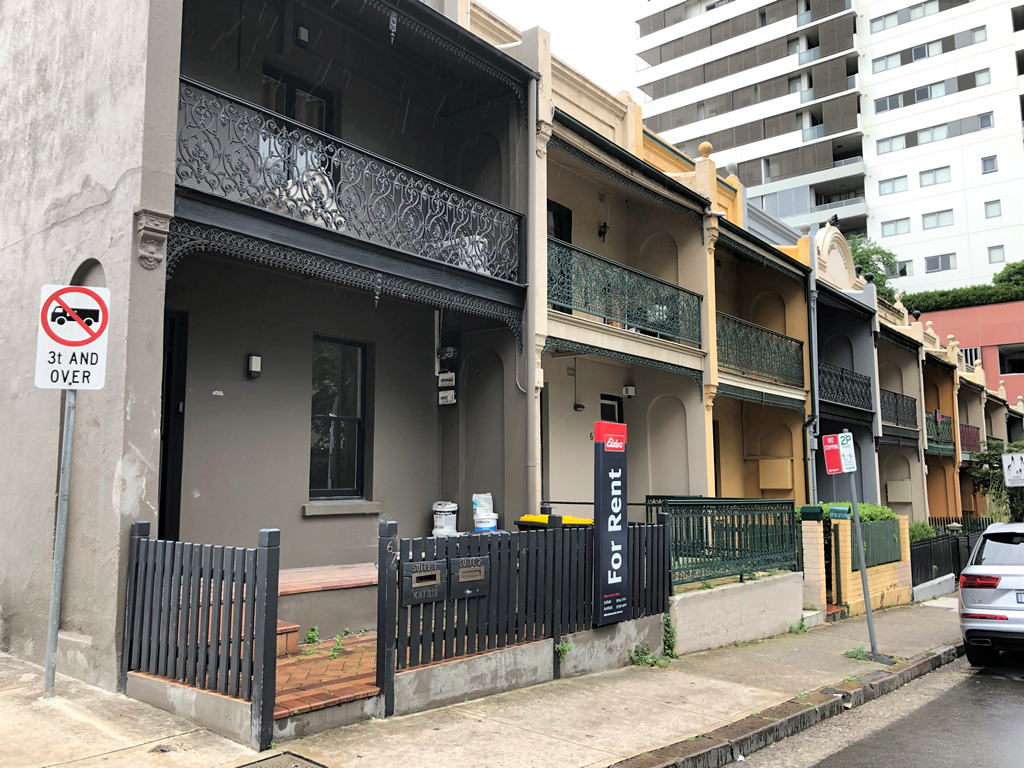
Living near a college has its benefits.
Frank Celeste, an agent with Gibson Sotheby’s International Realty, says there are many reasons buyers might want to live near an institution of higher education. “Most colleges have an array of public transportation options on, or within a few minutes of, their campus locations,” he says. “Their neighborhoods offer a very diversified assortment of entertainment and dining establishments, so it’s a very social, engaging environment as well.”
Buyers run the gamut.
Celeste says, “The marketplace runs from a new freshman student with parents buying a condo for their child to lock in overhead costs during their stay here, to highly noted and seasoned post-doctoral instructors coming to teach at some of the noteworthy graduate schools Boston has to offer.”
You may face some unique challenges if you’re not a student.
Celeste says, “Owner-occupant buyers want to be aware of the owner occupancy in any condominium buildings they are contemplating because banks like a 50 to 60 percent owner-occupancy rate or higher to lend on a conventional conforming basis. Anything less than that can limit financing options.”
The same is true if you’re renting to students.
If you’re buying a property to rent to students, Getman says, know that you may need to redo floors, repaint walls or otherwise refresh the place between tenants. “There is quite a bit of work after each lease is up. Students aren’t that mindful of keeping it clean,” she says.
Celeste notes investors should watch out for the condo rules. “Investor buyers have to be very aware of the newer amendments condo associations have started to implement, such as longer-term minimum rental periods to avoid short-term Airbnb rentals taking place in their buildings,” he says.





















